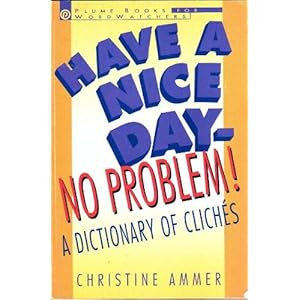I have a spelling checker,
It came with my PC.
It plane lee marks four my revue
Miss steaks aye can knot sea.
 |
| We iz tryin hart. |
It is not just that we have “for” and “four”, “stake”, “steak” and “mistake”. We also have “peak”, “peek” and “pique”. “Horrid” has a double consonant in the middle, “timid” a single one. “Prefer” has one “f”, “proffer” two.Misspelling is not a modern malady, Skapinker writes.
In Spell it Out, David Crystal reproduces a 1910 cartoon from Punch magazine in which a boss berates his secretary for typing “income” as “incum”. “Good Heavens!” exclaims the secretary. “How did I come to leave out the ‘b’?” And in 1750 Lord Chesterfield, the statesman, advising his son to brush up on his spelling, warned: “I know a man of quality, who never recovered the ridicule of having spelled ‘wholesome’ without the ‘w’.”Why is English spelling such a tangle?
It all started when Latin-speaking missionaries arrived in Britain in the 6th century without enough letters in their alphabet. They had 23. (They didn’t have “j”, “u” or “w”.) Yet the Germanic Anglo-Saxon languages had at least 37 phonemes, or distinctive sounds. The Romans didn’t have a letter, for example, for the Anglo-Saxon sound we spell “th”. The problem continues. Most English-speakers today have, depending on their accents, 40 phonemes, which we have to render using 26 letters. So, we use stratagems such as doubling vowels to elongate them, as in “feet” and “fool”.
With the Norman invasion in 1066, spelling became more complicated still; French and Latin words rushed into the language. As the centuries went by, scribes found ways of reflecting the sounds people used with the letters that they had. They lengthened vowels by adding a final “e”, so that we could tell “hope” from “hop”.Read more of this sad, sad history here.




















